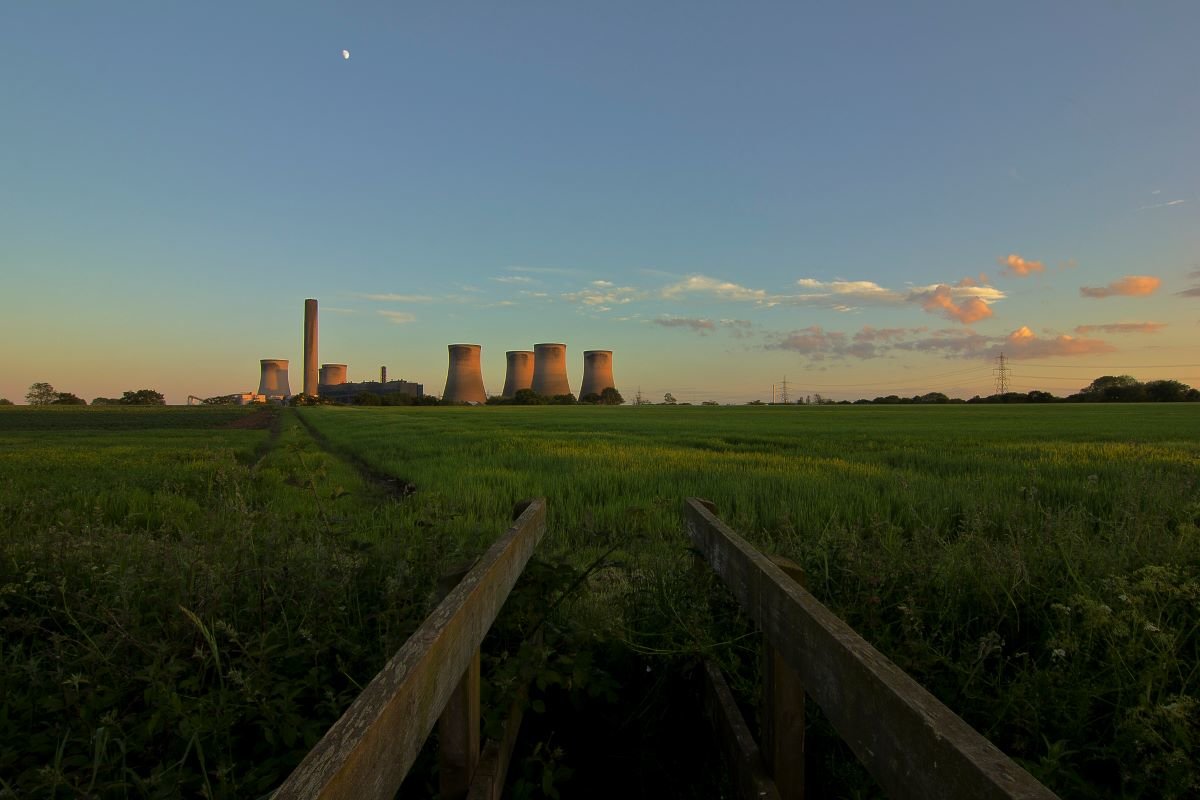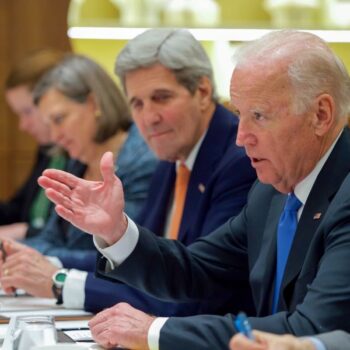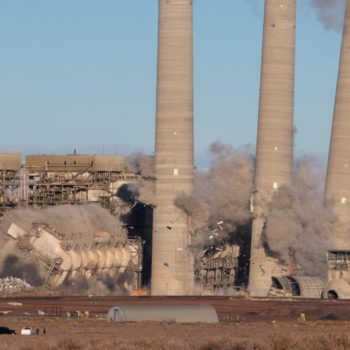- There has been a 76% reduction in proposed coal power since the negotiation of the Paris Agreement in 2015, bringing the end of new coal construction into sight.
- 44 countries have already committed to ‘no new coal’ with a further 40 now in a position to do the same, following the cancellation of previously proposed power plants.
- Action by just six countries could remove 82% of the remaining global pipeline of pre-construction projects.
- Governments can respond to these positive trends by committing to the end of new coal construction ahead of UN climate talks COP26 in Glasgow this November.
Story
A new report assessing the global pipeline of new coal projects finds that there has been a 76% reduction in proposed coal power since the Paris Agreement was signed in 2015, bringing the end of new coal construction into sight.
This leaves 40 countries without a pre-construction pipeline, and in a position to commit to ‘no new coal’, joining 44 countries that have made this commitment since 2015. Together, they can respond to UN Secretary General Guterres’ call for ‘no new coal by 2021’.
The report finds that action by just six countries could remove 82% of the remaining global pipeline. China alone accounts for 55% of the global total, followed by India, Vietnam, Indonesia, Turkey, and Bangladesh. The remaining pipeline is thinly spread across a further 31 countries, 16 of which are only one project away from embracing a future without coal. These countries could follow global momentum and regional peers in ending their pursuit of new coal-fired power generation.
If China follows East Asian neighbours Japan and South Korea in ending overseas coal finance, it would facilitate the cancellation of over 40GW of pipeline projects across 20 countries.
COP26, earmarked by COP President Designate Alok Sharma as “the COP that consigns coal to history”, will be a key moment for demonstrating momentum towards the end of new coal construction, and for richer countries to provide support to countries in pivoting towards a coal-free future.
Coal is the single largest contributor to climate change. According to a recent UN report (IPCC SR1.5), the use of coal needs to fall 79% by 2030 on 2019 levels to meet the pledges countries signed up to in the Paris Agreement.
The report is released ahead of UN General Assembly and the High-Level Dialogue on Energy, where countries will advance their individual and collective commitments to action.
The report can be accessed on the E3G website here, complete with interactive graphics and summaries for geographical regions.
Quotes
Report author Chris Littlecott, Associate Director at E3G said:
“The collapse of the global coal pipeline and the rise of commitments to ‘no new coal’ are progressing hand in hand. Ahead of COP26, governments can collectively confirm their intention to move from coal to clean energy.”
“The economics of coal have become increasingly uncompetitive in comparison to renewable energy, while the risk of stranded assets has increased. Governments can now act with confidence to commit to ‘no new coal’.”
Report author Leo Roberts, Research Manager at E3G said:
“The structural transformation of the global electricity sector is accelerating, with countries increasingly steering away from coal power generation as they recognise that coal is a fuel of the past.”
“The 40 countries in a position to commit to ‘no new coal’ can now join those who have already done so since Paris. Those countries still considering new power plants should urgently recognise the inevitability of the global shift away from coal, and avoid the costly mistake of building new projects.”
Report co-author Christine Shearer, Program Director at Global Energy Monitor, said:
plants are incompatible with the international Paris climate agreement. The world’s leading scientific bodies are clear: coal power needs to be essentially phased out in the next two decades to prevent dangerous climate change.”
“The upcoming climate talks are an opportune time for the world’s leaders to come together and commit to a world with no new coal plants, in line with what the science demands.”
Dave Jones, Global Programme Lead at Ember, said:
“We urge governments to publicly state their intentions that no new coal plants will be built in their country. Only five years ago, there were so many new coal power plants planned to be built, but most of these have been now either officially halted, or are paused and unlikely ever to be built.”
“Multiple countries can add their voices to a snowball of public commitments to “no new coal”, collectively delivering a key milestone to sealing coal’s fate. Most countries have now, or will shortly have, billions of dollars of investment flowing every year into renewable energy; the possibility of building new coal power plants will only undermine and distract from that.”
Available for comment
Chris Littlecott, Associate Director,
M: +44 (0)7920 461 812, chris.littlecott@e3g.org
Leo Roberts, Research Manager
M: +44 (0)7908 664 334, leo.roberts@e3g.org
For further enquiries email press@e3g.org or phone +44 (0)7783 787 863
Notes to Editors
- E3G is an independent climate change think tank accelerating the transition to a climate safe world. E3G specialises in climate diplomacy, climate risk, energy policy and climate finance. -> About
- Other relevant E3G analysis is available as follows:


